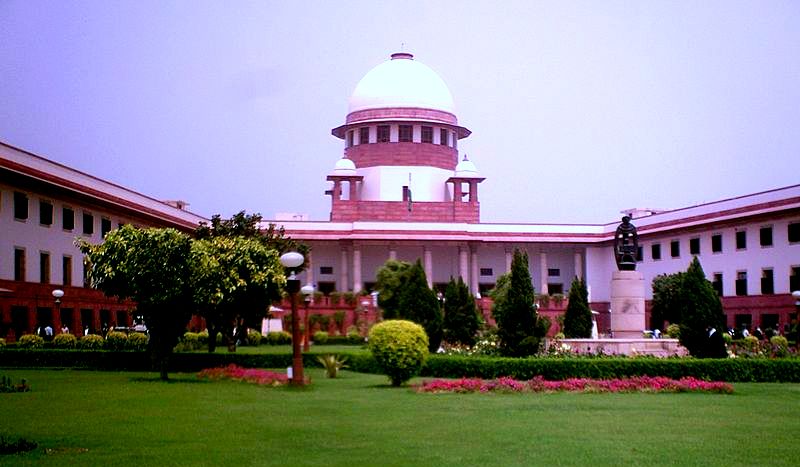Acid Attack Victims to be Treated as Disabled
Supreme Court of India

NEW DELHI: Miffed over the lax attitude of the state governments in keeping a check on the sale of acid, Supreme Court has again directed all the states and Union territories for stringent measures to curb its availability of acidmand expedite the compensation procedure for the acid attack victims.
“Henceforth, a stringent action must be taken against those erring persons supplying acid without proper authorisation and also the authorities concerned be made responsible for failure to keep a check on the distribution of acid,” said the court.
It gave these directions while hearing a PIL filed by an NGO Parivartan Kendra, which had submitted it to get an acid attack victim in Bihar her full compensation. A bench of justices M Y Iqbal and C Nagappan directed the state to give the victim 10 lakh in compensation and bear complete expenses of her treatment besides the reparation amount, irrespective of the costs.
It said that five lakh be given in first month and rest in next two months. It also directed the state to give three lakh to the sister of the victim who has been providing her all help. The NGO in the PIL said that so far only 1.5 lakh have been disbursed to victim.
The Court also adjudicated that all such attack victims be treated as ‘disabled’ and considered eligible for all the provisions under reservations marked for disabled person, in jobs and educational institutes both.
“We direct all the states and Union territories to consider the plight of such victims and take appropriate steps with regard to inclusion of their names under the disability list," it said.
The NGO said that as per last year’s directive private hospitals were supposed to bear the costs of reconstructive surgery and other medication for acid attack victims but they didn’t seem inclined to do so and thus not complying to the orders of the Court. In the wake of this complaint, the Supreme Court later asked the states and UTs to take more stringent measures against the non-complying units.
It was last year under justice RM Lodha that a ruling was made that acid be registered as a “scheduled substance”, marking an end to its over the counter sale.



